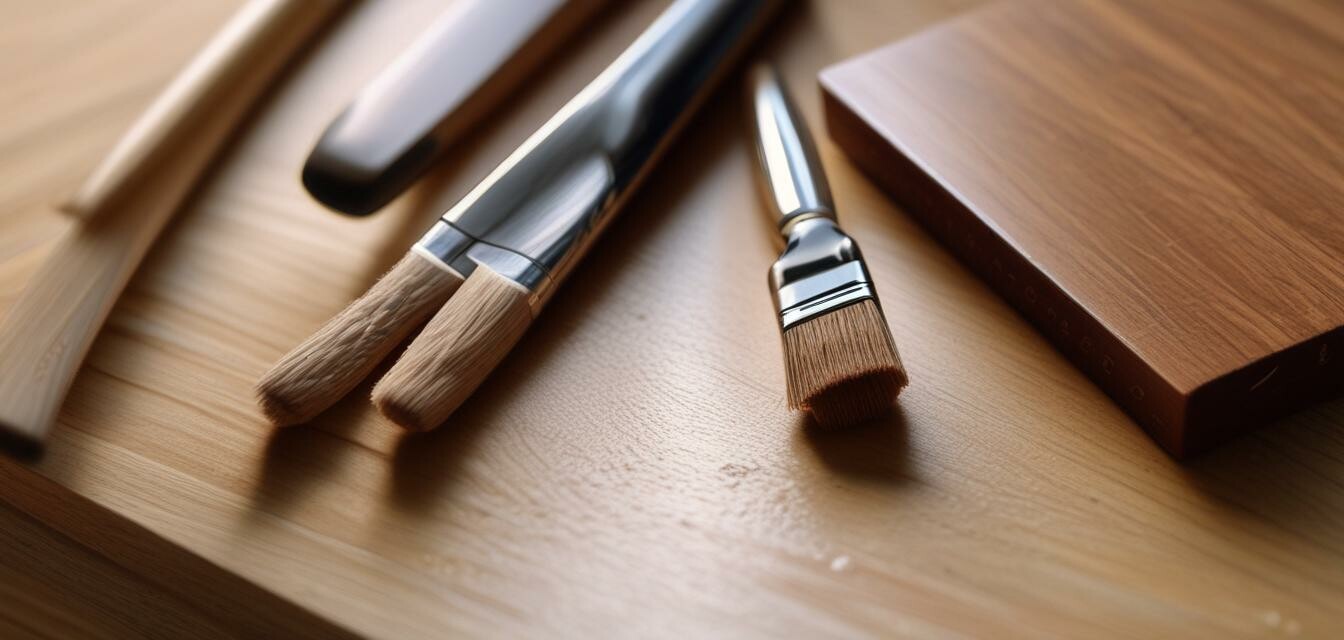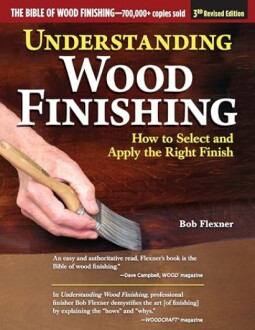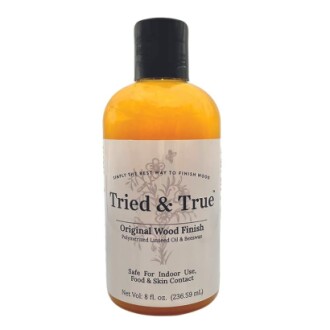
Understanding Wood Finishing Techniques
- Wood finishing enhances the appearance and durability of your projects.
- Different techniques offer various aesthetic and protective benefits.
- Knowing the pros and cons of each technique helps in making informed choices.
- Always follow safety guidelines when applying finishes.
Wood finishing is a crucial part of woodworking that can drastically alter the look and longevity of your projects. Whether you're giving a new life to an old piece or completing a brand-new project, understanding these methods empowers you to make educated decisions. This guide will explore various wood finishing techniques, highlight their pros and cons, and recommend products that can enhance your woodworking experience.
What is Wood Finishing?
Wood finishing involves applying a protective coat to wooden surfaces. This not only enhances the beauty of the wood but also protects it from moisture, wear, and abrasions. There are many techniques available, each with its unique characteristics.
Common Wood Finishing Techniques
| Technique | Description | Ideal Uses |
|---|---|---|
| Varnish | A hard protective finish that provides a glossy appearance. | Furniture, cabinets, and other interior wood projects. |
| Shellac | A natural finish that dries fast and offers a warm tone. | Antique restorations, musical instruments. |
| Polyurethane | A durable, water-resistant finish suitable for high-traffic items. | Flooring and kitchen items. |
| Oil finishes | Penetrates the wood and enhances its natural grain. | Cutting boards, salad bowls, and furniture. |
| Wax | Provides a soft luster and is easy to apply and maintain. | Fine furniture and crafts. |
Pros and Cons of Each Finishing Technique
Pros
- Enhances the natural beauty of wood.
- Protects against moisture and stains.
- Can be easily repaired or touched up.
- Provides various levels of sheen and texture.
Cons
- Some finishes can be toxic; proper ventilation is necessary.
- Application can be labor-intensive.
- Durability can vary based on environmental conditions.
- Cost of high-quality finishes may be higher.
Recommended Wood Finishing Products
There are many products available to help you achieve the perfect finish. Below are two of our top recommendations:
Understanding Wood Finishing, 3rd Revised Edition
This practical and comprehensive guide includes 350 photos, 40 reference tables, and troubleshooting guides that are invaluable for any woodworker.
More DetailsTried & True Original Wood Finish, 8 oz.
A linseed oil and beeswax blend that provides a durable, food-safe finish that is easy to apply and maintain.
Explore NowExpert Tips for Applying Finishes
Tips for Beginners
- Always test your chosen finish on a scrap piece first.
- Ensure your work area is well-ventilated.
- Follow the manufacturer's instructions for application.
- Sand the surface thoroughly before applying a finish.
- Use high-quality brushes or applicators for better results.
Conclusion
Choosing the right wood finishing technique can enhance the beauty and longevity of your projects. By understanding the pros and cons of each method, you can make informed decisions that suit your specific needs. Whether you're a beginner or an experienced woodworker, the techniques and products highlighted in this guide will help you achieve stunning results in your woodworking endeavors. For more resources, feel free to check our other articles such as Woodworking tool maintenance and Finishing and staining wood projects.





